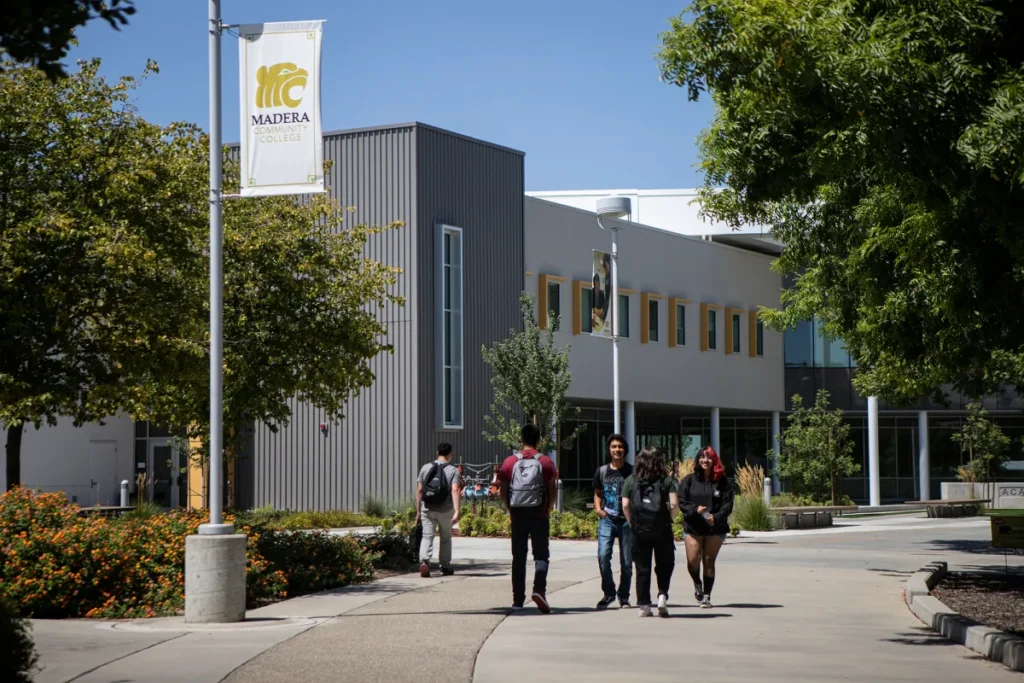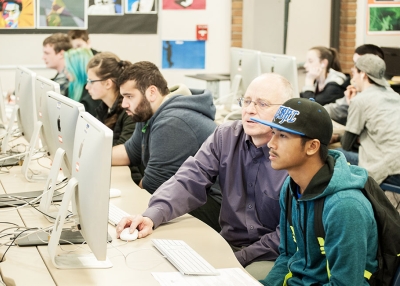
If your child is in public high school, your teen may be able to start exploring career options there. More and more schools are offering training for skilled jobs like carpentry. If your child has an Individualized Education Program (IEP), your child should be getting transition planning services starting at age 14. That can get you thinking about job training versus college early on.

High schools often team up with community colleges to train students in fields like computer programming. Students start taking courses while still in high school. At the end of the program, they can earn an associate’s degree or certificate. They may also be able to land a job quickly since the colleges often partner with local businesses.

If your child is interested in working with their hands, they can look into local trade unions. Many offer skilled trade classes at union halls. These classes could include masonry, electrical work, and plumbing.

Training companies offer classes in trades like automotive work and bookkeeping. Your child won’t be able to transfer these credits to a two-year or four-year college. But your teen will gain the skills needed to get a job.

Student volunteers can learn a lot about different vocations — and themselves. They might volunteer with an agency that’s rehabbing houses, for instance, and learn that they love to drywall and paint. Encourage your child to explore a field that interests them. Fire departments and nursing home are examples of groups that train volunteers.

Lorem ipsum dolor sit amet, consectetur adipiscing elit. Ut elit tellus, luctus nec ullamcorper mattis, pulvinar dapibus leo.

Internships offer hands-on work experience and mentoring. They also give students a sense of what the work is like full-time — and the accommodations they’ll need. Internships usually last a few weeks to a year. If your child is in school, a summer or semester internship may work. After graduation, an internship with a large employer may allow your teen to rotate from one job to another every few months. That way, students can try different jobs and develop several skills.

These programs can be a good option for teens who want to learn a trade through hands-on experience. Apprentices are trained by workers in skilled trades such as cabinetry and plumbing. Most keep working for a period of time after their program ends.

CTSOs welcome high school graduates who are interested in particular fields. They help students network all over the country. Many offer scholarships and help with job placement. Here are some CTSOs: